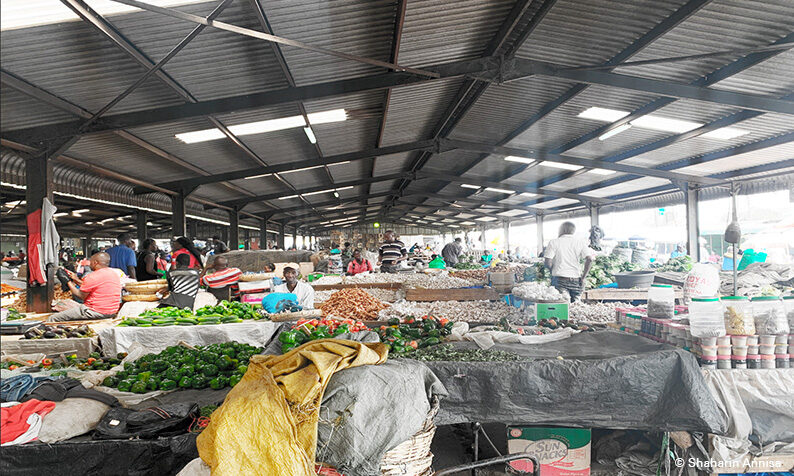
This seminar is open to students who are enrolled in the studio projects Resilient Urban Transformation (B.Sc. Studio) and Community Resilience in Informal Lusaka (M.Sc. Studio) offered by our Chair. It aims to help understand the specific circumstances of informality of Sub-Saharan Africa’s urbanization, and shall provide inspiration for contextual strategies to improve the Kanyama informal settlement.
African societies are used to adaptation, flexibility, and resiliently creating ways through often challenging circumstances. Informality is a response to sometimes lacking infrastructures and opportunities, a way of generating income and housing, and a service provision, a form of production and distribution for the city at large.
Mapping, i.e. the map-based visualization of information, is a common tool of analysis in urban planning. Here, we use it as a tool to explore the role of informality in building urban resilience, and as a research method to study less tangible aspects of local realities. These include appropriation processes, socio-economic frameworks and networks, as well as livelihood strategies and cultural specificities that are manifested within the production of space.
Our seminar focuses on a neighborhood in Kanyama. It is based on knowledge gathered during a summer school in Lusaka, Zambia (August 2023) – a co-operation between the University of Stuttgart, the University of Zambia (UNZA), the Zambia Institute of Planning and the Lusaka City Council. We aim at creating a holistic description of urban resilience in this specific context.
The seminar takes place as an in-person teaching format and consists of input lectures by experts, site research and site analysis. The research and analysis are carried out in small groups.


